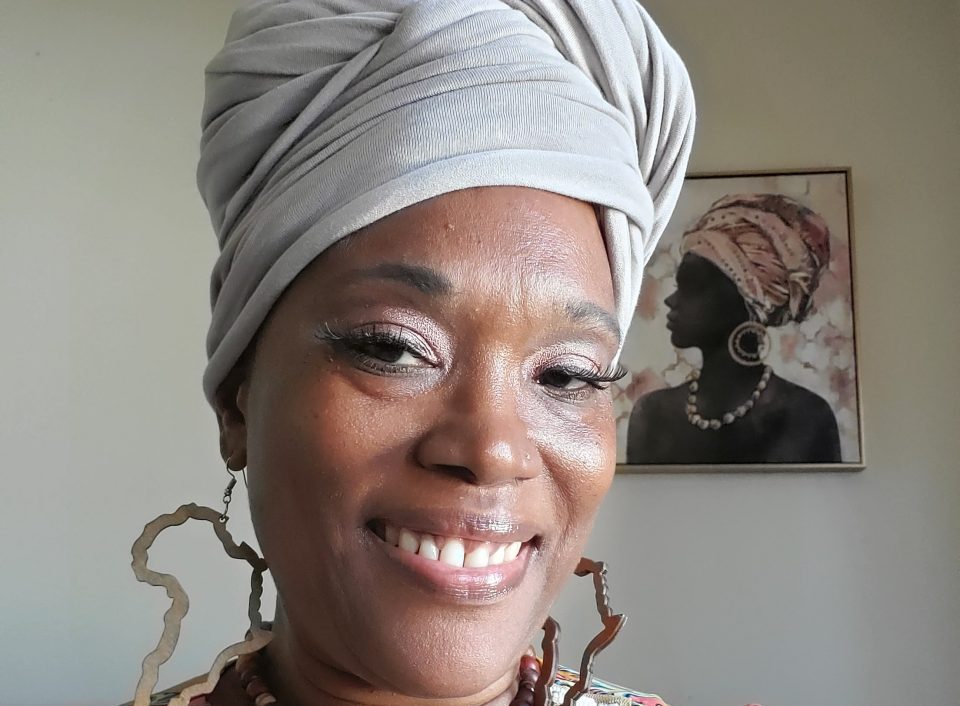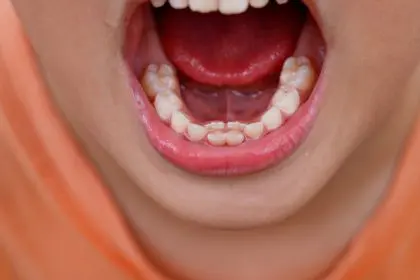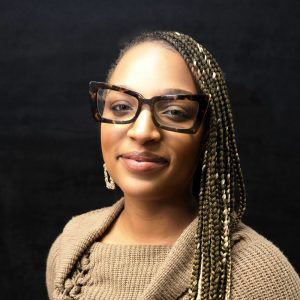
The National Library of Science found that African American women have disproportionately high rates of HIV and cancer. Despite advances in therapy and treatment during the 34 years of the HIV/AIDS epidemic, African American women lack access to proper healthcare and resources to sustain a healthy life
A severe health diagnosis can disrupt all aspects of life for some. Whether a chronic illness or a life-threatening disease like metastatic cancer, whatever the diagnosis, there are treatments that can help. Tasanet Meti Iti, is a shining example of persevering and prevailing through her HIV-positive cancer diagnosis with the help of chemo, alternative medicine, and a robust support system.
Meri Iti grew up witnessing women like her grandmother, constantly busy and always completing tasks without rest. She soon adapted this behavior into her routines through her adult life until she was diagnosed with cancer, which forced her to be still with herself.
“The first time I did chemo treatment, and the side effects came about, I couldn’t turn my neck. I couldn’t squeeze my hands, and I was like, ‘Oh, my God, I don’t know what to do!’ I called my doctor to let them know what was going on. They said that’s part of the side effects. But I’m grateful for my significant other, who was here to help me, rub me down, and pour in affirmations. I have been able to get through it.”
How did you decide what kind treatments to undergo?
I chose to do conventional and alternative therapy because I’ve read about alternative therapy being a good combination with traditional treatment to keep your body balanced. I also decided I wanted to do chemo based on what my sister’s friend told me her brother went through. He went straight to alternative therapy. It was too late when he tried to do conventional chemo.
What has your support system been like during this journey?
You must have at least one good person. If you can have more than one, like I have a tight sister circle, that helps. Every first and third Friday, we have our sister circle and talk about everything. They’re always speaking life into me, and that’s so important. My significant other is also a big part of helping me get through. All the prayers, meditation, and affirmations are a part of my healing. Constantly knowing that I have support helps me walk in my recovery and believe I can heal myself.
What changes would you like to see in terms of women’s health care?
We need to see our doctors. We need to have our clinics. We need to have our hospitals filled with people that look like us. We can only advocate for each other through experience.
















